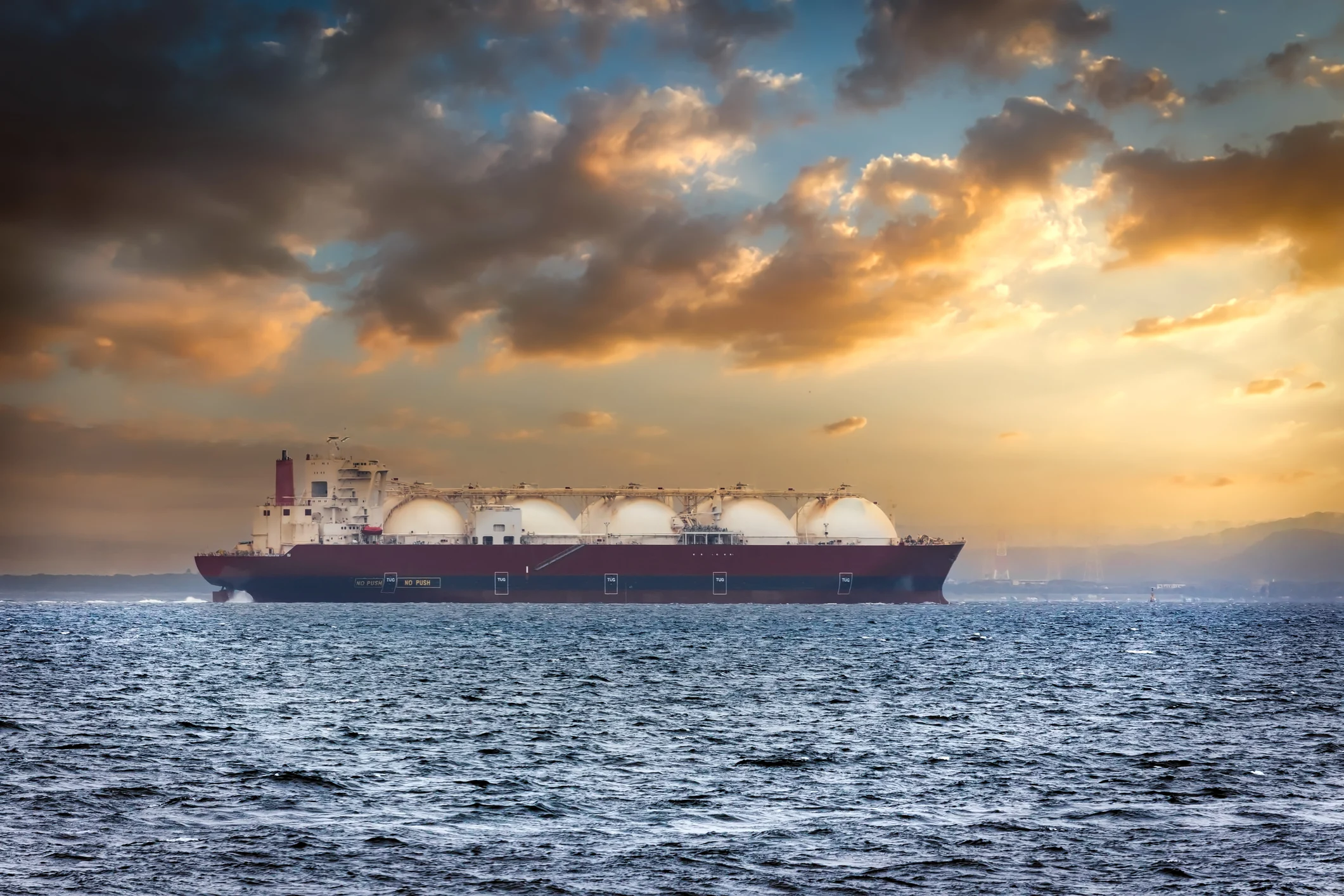NEWS
The British Development Bank plans to invest in gas projects in Africa

British International Investment, the UK's development finance arm, remains open to financing natural gas-fired power projects in Africa if they help improve access to electricity on the continent, officials said.
As the COP28 climate talks kick off in Dubai, financial institutions are under increasing pressure to stop financing fossil fuel projects. This is raising concerns about the impact the fight against global warming could have on energy-deficit countries.
According to Nick O'Donohoe, CEO of BII, the real challenge for development finance institutions is to strike a balance that meets the needs of over 600 million Africans without reliable access to electricity, while moving towards the goal of carbon neutrality.
Although the African continent has contributed just 3% of historical global greenhouse gas emissions, it remains highly exposed to the impacts of climate change, according to the UN. However, Africa could also continue to suffer from limited access to energy if efforts by developed countries and regions, such as the European Union, to gradually move away from fossil fuels result in restricted investment in energy infrastructure.
BII's policy is in line with that of the British government. O'Donohoe mentions that BII takes a more flexible stance than some other countries.
"We support gas projects where there is a clear need for development."
One example is Globeleq Inc.'s 450-megawatt gas-fired power plant in Mozambique, where less than a third of the population has access to electricity. Scheduled to start up in 2024, the plant will supply energy to 1.5 million households, using gas from fields operated by Sasol Ltd. BII holds a majority stake in Globeleq, with the remainder held by Norwegian investment fund Norfund.
BII has planned $6 billion of investment across Africa from 2022 to 2027, covering sectors from renewable energy to supporting women's businesses. The bank has not financed any fossil fuel projects since 2021 and is striving to achieve a net zero emissions portfolio by 2050.
In South Africa, oil and gas exploration and energy projects using these fuels have led to legal disputes between environmental organizations and the Minister of Mineral and Energy Resources, Gwede Mantashe, who also supports the use of coal to improve access to energy.
BII would not finance gas projects in South Africa, where there is already a stable source of baseload electricity," explains Chris Chijiutomi, the bank's director responsible for Africa. The Temane project meets a need for stable electricity in Mozambique and the state of the national grid, and could potentially switch to green hydrogen if it becomes commercially viable.
Globeleq has launched commercial operations at a solar power and battery storage plant in Cuamba, Mozambique, and is exploring other wind and solar projects in the country, adds Chijiutomi. BII is also part of a consortium studying a green hydrogen project in Egypt and a joint venture to develop hydroelectricity.
O'Donohoe points out that, with the exception of South Africa, Egypt and Morocco, the development of renewable energies is progressing very slowly in Africa. He points to a glaring lack of
of developers and players taking the initiative to bring these projects to fruition on the continent.
-

 ANALYSIS1 an ago
ANALYSIS1 an agoThe 3 African countries richest in natural resources
-

 NEWS11 month ago
NEWS11 month agoTop 10 des pays africains producteur de l’or : Mali 2-eme, Burkina Faso 3-eme
-

 FOCUS ONA1 an ago
FOCUS ONA1 an agoThe 10 largest oil refineries in Africa
-

 FOCUS ONA11 month ago
FOCUS ONA11 month agoTop 10 oil producers in Africa in 2023
-

 NEWS2 ans ago
NEWS2 ans agoRanking of oil producers: Here are the Top 10 African countries.
-

 NEWS8 month ago
NEWS8 month agoAfrica's 10 largest natural gas production fields.
-

 NEWS2 ans ago
NEWS2 ans agoTop 20 oil producing countries in 2022
-

 NEWS10 month ago
NEWS10 month agoIvory Coast: Eni to deploy a cylindrical FPSO and a converted FSO on the Baleine oil field












